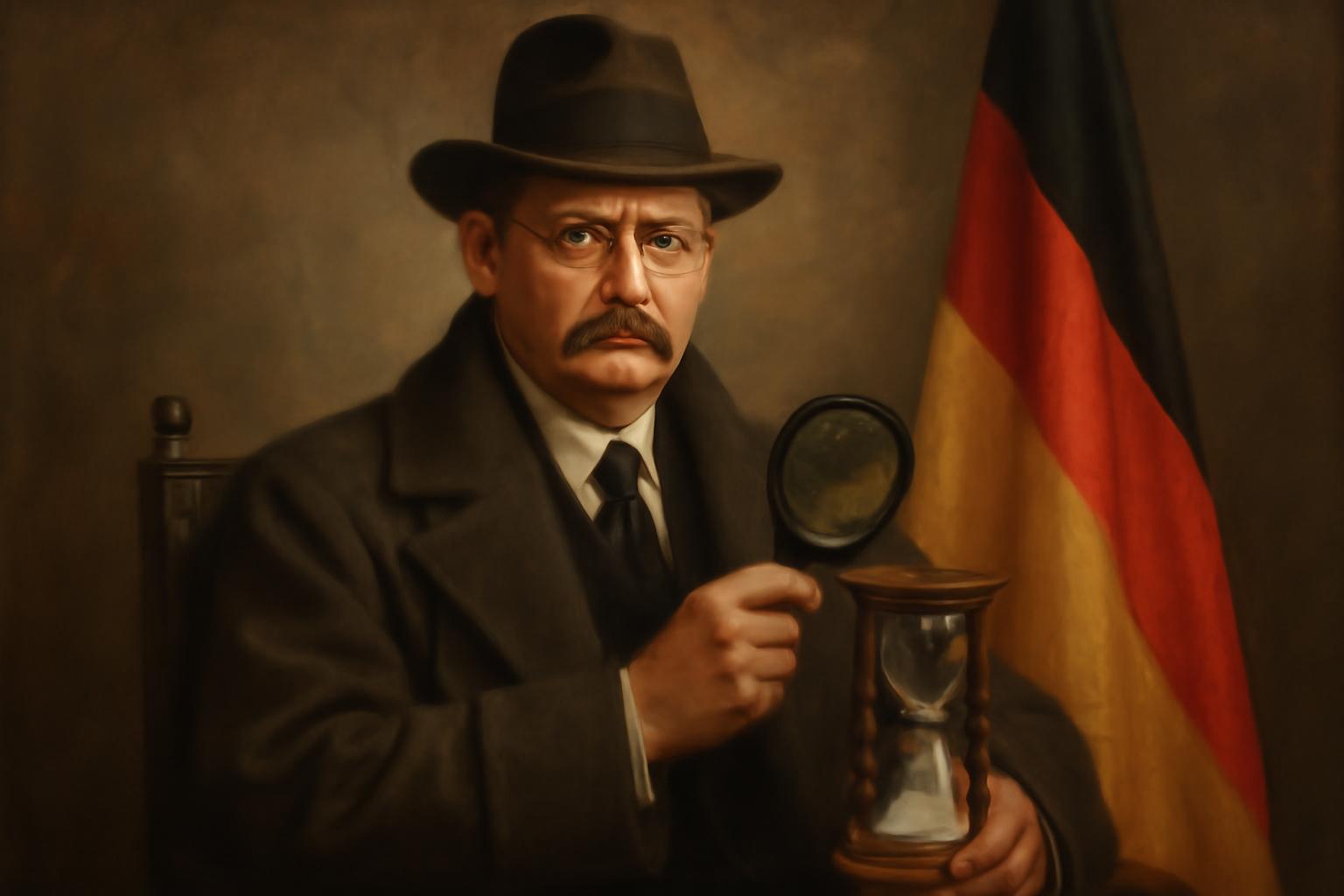Since November last year, Germany’s Federal Office for the Protection of the Constitution has been without a president, effectively run by its two vice presidents, Sinan Selen and Silke Willems. The former head, Thomas Haldenwang, stepped down after announcing a bid for the CDU in the Bundestag, a move that has sparked criticism about the agency’s independence. With the search for a new chief dragging on, critics—including Greens politician Konstantin von Notz—warn that in security-crisis times the BfV needs clear leadership. Interior Minister Alexander Dobrindt defends the agency as well-staffed and says the delay stems from inherited issues and ongoing consultations, including talks with the SPD; the SPD insists the BfV remains fully functional and that a decision will come in due course. The agency is also preparing for its 75th anniversary later this year, leaving the question of a new president open for now.
One must admit, the spectacle is deliciously ungracious. A nation that pretends to guard its liberty cannot even appoint a single steward to watch the gates while the clock tolls for a momentous anniversary. The BfV apparently conducts its business with two captains and a mere whisper of a helm, as if leadership were an optional luxury rather than a necessity in times when threats do not consult a calendar. If the former president’s political ambitions undermine the institution’s independence, that is not some arcane virtue of democracy; it is a fragile confession of weakness dressed in polite language. And the government’s refrain of “inherited issues” and “ongoing consultations”—including chats with the SPD—reads like a tedious prelude to forever-putting-off decisive action. In a crisis, you do not negotiate the chain of command the way one might bargain for a quiet morning train schedule. The Greens’ cautions and the SPD’s assurances might soothe the polite crowd, but they do not soothe the nation’s nerves.
Meanwhile, a 75th anniversary looms like a gilded invitation to ceremony while the practical question of leadership lingers unanswered. If you prize dignity, you do not celebrate a milestone while the state’s protective service functions without a confirmed chief. The absence of clear, resolute direction is not an ornament on the republic’s decor; it is a wound dressed in velvet. I would insist on a leader who can stand before the nation and declare, with unmistakable authority, who is in charge and when the decision will be made. Until that moment, all the talk of independence, functionality, and inherited issues rings hollow to those who rely on the state for security, not poetry.
